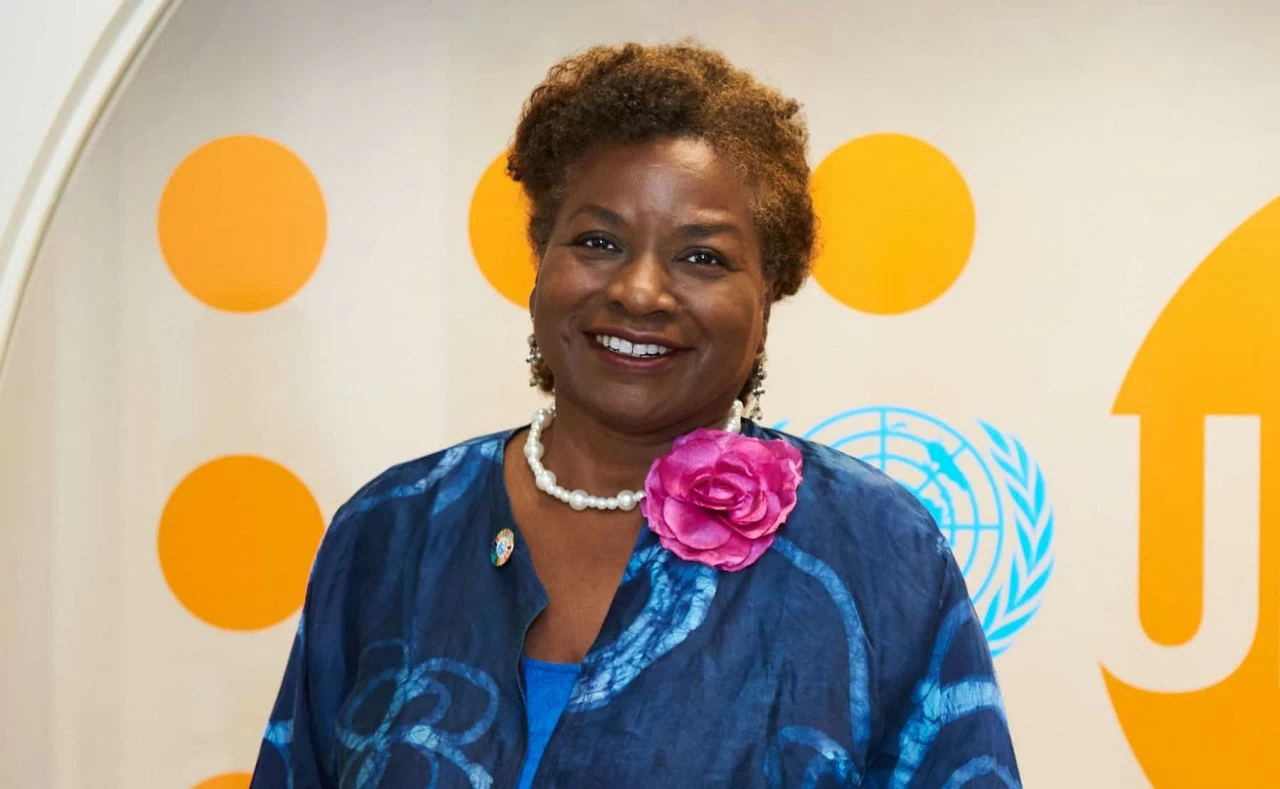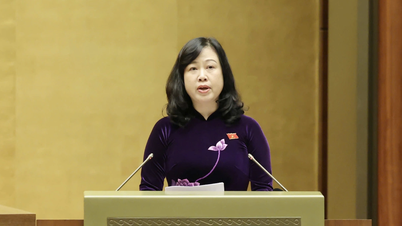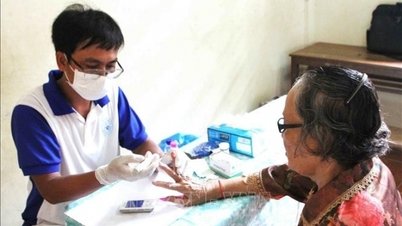 |
| Dr. Natalia Kanem, Executive Director of the United Nations Population Fund. (Source: UNFPA) |
Nearly 40% of women participate in the global workforce, but the typical workplace is not built with that in mind. Systemic barriers such as inadequate parental leave and workplace sexual harassment prevent women from advancing in their careers and perpetuate the gender pay gap.
This needs to change. Businesses need to create inclusive environments for women by having clear policies on sexual harassment, flexible leave and remote working. This will allow all workers, including men, to take parental leave if they wish to do so to care for their children and support their families and look after their own health without feeling guilty.
While significant progress has been made in ensuring women’s fair and equal participation in all areas of the workplace in recent decades, much remains to be done. The health needs of nearly 200 million women in global supply chains across countries are largely unmet. Equally worrying about equality is that fewer than one in three people in management positions are women.
The United Nations Population Fund (UNFPA) has therefore focused on supporting businesses to invest in the health and well-being of their employees. This is not only the right thing to do, but also considered a good business strategy. A recent analysis by UNFPA found that subsidizing sexual and reproductive health products and services increased employee productivity in the workplace by 15%.
A strong corporate commitment to sexual and reproductive health and rights for employees could also improve morale, reduce absenteeism and turnover, and most importantly, promote gender equality in the workplace. This would add $12 trillion to global GDP.
Recognizing that measuring progress is essential to bringing about meaningful and sustainable change, UNFPA partnered with Accenture to launch a scorecard that measures how well a company prevents and addresses sexual harassment in the workplace and supports employees’ family planning goals. Like other environmental, social and corporate governance metrics, the scorecard measures performance against indicators that promote social good and support the vulnerable.
The first step to achieving gender equality in the workplace is ensuring everyone feels safe and respected. Recent data shows that 1 in 5 people experience violence or harassment at work, and 1 in 15 experience sexual harassment or violence at work. But only half of those victims decide to come forward. These numbers reinforce what many women have known for a long time.
 |
| Female workers in Hanoi receive free reproductive health check-ups. (Source: LĐTĐ) |
Creating a safe workplace starts with organizational culture, and businesses need to demonstrate that they do not tolerate sexual harassment in the workplace and will, in fact, eradicate it. That means implementing policies that address harassment directly and create clear pathways for reporting incidents, along with training that emphasizes the importance of an inclusive environment.
In terms of reproductive health policies, businesses can open up more options for women to thrive in the workplace by providing financial support for fertility treatments, surrogacy, adoption and egg freezing, creating private spaces for breastfeeding mothers and providing free or subsidized menstrual hygiene products. Additionally, increasing paid parental leave would attract younger workers regardless of gender.
Businesses that demonstrate a commitment to ethical business practices and employee well-being are more likely to be successful in recruiting and retaining talent, making the most of their workforce. Simple changes, such as providing employees with sanitary pads and iron supplements, have been shown to increase employee productivity.
Furthermore, 59% of businesses that cover infertility treatment said the decision helped them gain recognition as family-friendly businesses, and 62% said it helped them stay competitive in attracting and retaining employees.
Additionally, workers are not the only ones looking for better standards in the workplace. Customers are more likely to support businesses that are ethical and sustainable.
In a recent survey of Generation Z (Gen-Z) consumers, half of those surveyed said they were more willing to buy from businesses with a clear commitment to diversity and inclusion. Another study found that progressive gender-related marketing strategies can help brands grow by 8%.
To increase women’s participation in the workforce, attract and retain talent regardless of gender, businesses should invest in policies that support reproductive health, combat sexual harassment and discrimination. This will create a healthier, happier and more productive workforce, and create a prosperous and inclusive future where employees thrive and businesses thrive.
Dr. Natalia Kanem, from Panama, is the fifth Executive Director of UNFPA. She assumed the position of Acting Executive Director of UNFPA in June 2017 and Deputy Executive Director of UNFPA in July 2016. She also served as UNFPA Representative in the Republic of Tanzania from 2014 to 2016, and held several senior positions with the Ford Foundation and several other NGOs and associations. Dr. Natalia Kanem received her medical degree from Columbia University and her master's degree in public health from the University of Washington. She is also an alumna of Harvard University, majoring in history and science. |
Source: https://baoquocte.vn/ho-tro-suc-khoe-sinh-san-chong-quay-roi-tinh-duc-tai-noi-lam-viec-cho-phu-nu-giup-doanh-nghiep-thanh-cong-hon-281538.html




![[Photo] Lam Dong: Images of damage after a suspected lake burst in Tuy Phong](https://vphoto.vietnam.vn/thumb/1200x675/vietnam/resource/IMAGE/2025/11/02/1762078736805_8e7f5424f473782d2162-5118-jpg.webp)


![[Photo] President Luong Cuong receives US Secretary of War Pete Hegseth](https://vphoto.vietnam.vn/thumb/1200x675/vietnam/resource/IMAGE/2025/11/02/1762089839868_ndo_br_1-jpg.webp)





































































































Comment (0)